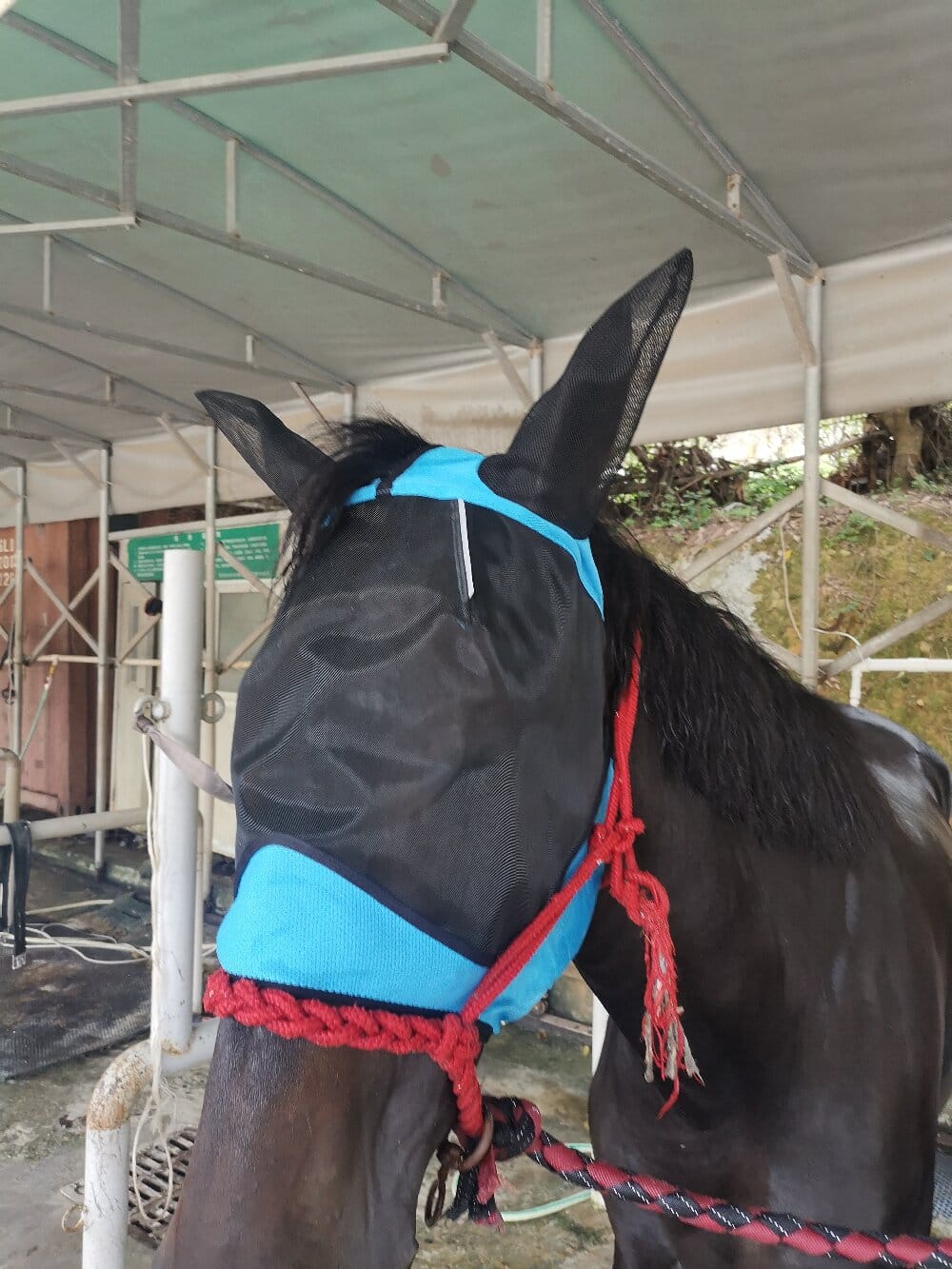A horse fly mask is a protective gear designed to shield horses from biting insects, particularly flies, which can cause irritation, infections, and even diseases. These masks are typically made from lightweight, breathable materials such as mesh or nylon and cover the horse’s eyes, ears, and sometimes the muzzle. By reducing exposure to pests, fly masks contribute to the animal’s comfort and overall well-being, making them an essential accessory for equine care.
Key Features of an Effective Horse Fly Mask
When selecting a fly mask for horses, several factors must be considered to ensure optimal protection and comfort. Below are the most important features:
- Material: Breathable, UV-resistant fabrics like polyester or nylon help prevent overheating while blocking harmful sun rays.
- Fit: A well-fitted mask should stay securely in place without rubbing or restricting movement.
- Coverage: Some masks protect only the eyes, while others extend to the ears and muzzle for full-face defense.
- Durability: Reinforced stitching and high-quality materials ensure longevity, even in rugged conditions.
The Methodology Behind Choosing the Right Fly Mask
Selecting the appropriate horse fly mask involves a systematic approach to match the product with the animal’s specific needs. Here’s a step-by-step methodology:
- Assess Environmental Conditions: Determine the severity of insect activity and sun exposure in the horse’s habitat.
- Evaluate Horse Sensitivity: Some horses may require additional ear or muzzle coverage due to heightened sensitivity.
- Measure Accurately: Use a flexible measuring tape to ensure the mask fits the horse’s head dimensions correctly.
- Prioritize Comfort: Opt for soft, adjustable straps to prevent chafing and allow for natural movement.
Benefits of Using a Horse Fly Mask
Beyond insect protection, fly masks offer several advantages for equine health and performance:
- Reduced Stress: Minimizing insect bites helps keep horses calm and focused, especially during training or competitions.
- Prevention of Eye Infections: Flies can transmit bacteria that lead to conjunctivitis or other ocular issues.
- UV Protection: Many masks include UV-blocking properties to safeguard against sunburn and related skin conditions.
- Enhanced Comfort: A well-designed mask allows horses to graze and socialize without constant irritation.
Common Misconceptions About Horse Fly Masks
Despite their benefits, some misconceptions persist regarding fly masks. Here are a few clarifications:
- “Horses Don’t Need Them in Cool Weather”: Flies can remain active even in mild temperatures, making masks useful year-round.
- “All Masks Are the Same”: Variations in design, material, and coverage cater to different needs and environments.
- “Masks Impair Vision”: High-quality fly masks are designed with transparent mesh that does not obstruct the horse’s sight.
Conclusion
A horse fly mask is a vital tool for maintaining equine health by providing protection against insects and harmful UV rays. By understanding the key features, selection methodology, and benefits, horse owners can make informed decisions to enhance their animal’s comfort and safety. Whether for daily use or specific conditions, investing in a well-designed fly mask ensures a happier, healthier horse.

